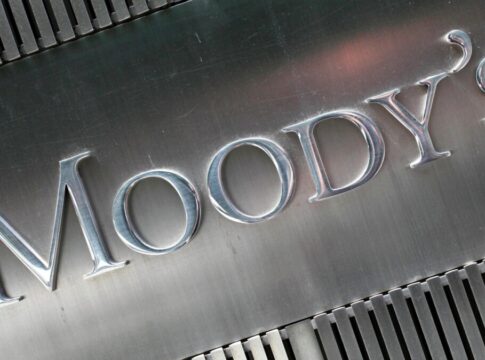In a testament to Egypt’s resilient economic strategies, Moody’s has projected a promising 5% growth rate for the nation’s economy in the upcoming fiscal year. This prediction comes on the heels of an estimated 4% growth for the current year, signaling a positive trajectory despite ongoing regional tensions.
Moody’s attributes its optimism to a stabilizing global economic environment, predicting a significant drop in inflation from 27.5% this year to around 16% next year. The anticipated easing of inflation is expected to lower interest rates, sparking growth across key sectors such as manufacturing, tourism, and trade, according to Moody’s latest economic report.
Dr. Ahmed Galal, an economist at the Egyptian Center for Economic Studies, noted, “Egypt’s economic policies, particularly exchange rate unification and monetary tightening, have been pivotal in stabilizing the market and controlling inflation despite external pressures.”
However, the path to economic recovery is not without its hurdles. The recent IMF mission led by Ivanna Vladkova Hollar highlighted the delays in the fourth review of the Extended Fund Facility (EFF), primarily due to heightened geopolitical tensions. The ongoing conflict in Gaza and trade disruptions in the Red Sea have significantly dampened economic sentiment, with Suez Canal revenues reportedly plummeting by 70%.
Moreover, the influx of refugees has further strained public services, adding to the nation’s economic challenges. Yet, Egypt’s commitment to economic reform remains steadfast, with measures aimed at reducing foreign exchange backlogs and easing import restrictions showing promising results.
Industry experts are cautiously optimistic about Egypt’s economic outlook. Dr. Nadine El-Shazly, a senior analyst at the Cairo Economic Forum, commented, “While regional geopolitical issues pose significant risks, Egypt’s internal economic reforms have laid a solid foundation for future growth. The focus should now turn to leveraging these reforms to attract foreign investment and enhance trade relations.”
In an exclusive insight, sources close to the Ministry of Finance revealed ongoing discussions with international partners to bolster economic resilience through strategic investments in infrastructure and renewable energy projects.




